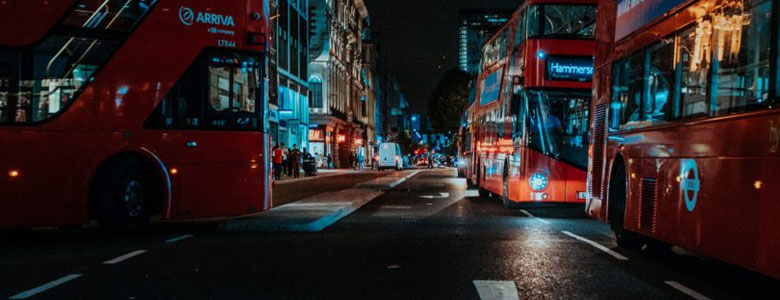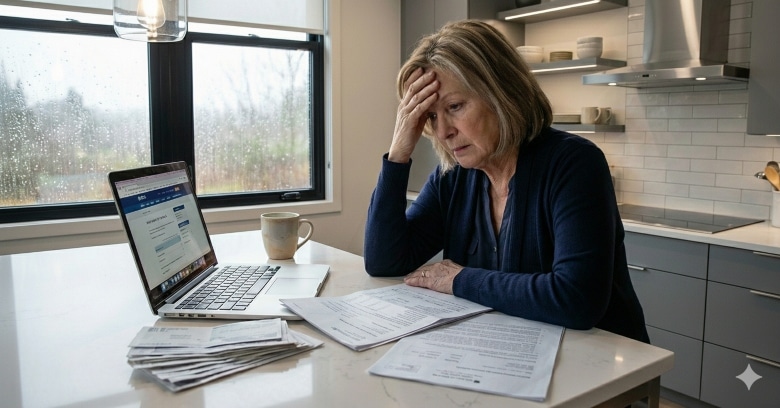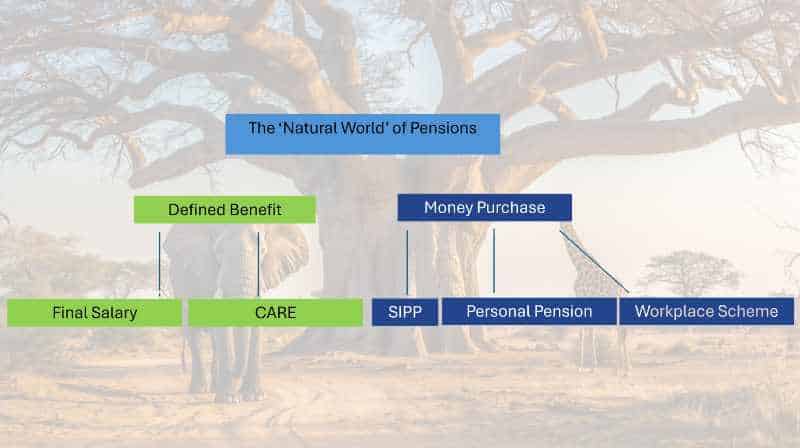
“I might get hit by a bus tomorrow”
This is what I was told by someone the other day who wanted to transfer his Final Salary pension scheme so that he could take the money out for him and his wife to enjoy.
He was 63 and had the attitude that he might get hit by a bus tomorrow so it was better to enjoy the money now. He had seen a friend of a similar age recently die and he didn’t want to wait to enjoy the money.
My response to him was that, yes, he could die soon but in all probability he won’t. Unfortunately we all know at least one person who died sooner than expected but they are the exceptions not the norm; we know far more people who are alive than have died. But because their deaths stand out we put a greater emphasis on the fragility of life and the need to live it now.
According to this website there is approximately a 1 in 2m chance of getting hit by a bus in the UK each year. Extremely unlikely I’m sure you’ll agree.
And, according to an article in the Mirror there is a:
- 1 in 300m chance of being killed by a shark or on a fairground ride,
- 1 in 250m chance of dying from a falling coconut,
- 1 in 11m chance of dying in a plane crash
- 1 in 9.3m chance of dying in a terrorist attack
- 1 in 3.5m chance of dying from a snake bite
- 1 in 450,000 chance of dying from a work related accident and,
- 1 in 8,000 chance of dying in a car accident
So, on these odds it is unlikely that you will die tomorrow.
The more significant odds are that there is a 1 in 5 chance of dying from cancer or 1 in 2.5 chance from a stroke or heart attack but that is not surprising given that we are living longer (to underline the point).
The life expectancy of a man age 63 is 83 (for a woman it is 85.5). There isn’t much variation if you are 60 or 65 now, life expectancy is approximately a further 20 years. That is a lot of living left to do and a lot of money needed if you don’t wish to work for that long.
Inflation will dramatically increase the cost of living over that time; based on average prices and assuming a 2% annual inflation rate by 2037 a litre of fuel would cost £1.67, a pint of milk 71p, a loaf of bread £1.53 and the average cost of a duel fuel bill for a medium sized home will be £1,653 a month (source Ovo Energy). In reality, fuel inflation may be much greater.
The gentleman referred to at the start of the post was planning on giving up a £33,000 tax free lump sum with an £8,400 annual pension which would increase each year in line with inflation. With the annual pension alone and allowing for a 2% inflation rate he would have all his money back in a little over 10 years and he would pay less in tax than if he took the pension fund at once. Needless to say, I advised him against a transfer.
To be clear, I am not saying don’t value and get the most out of the day. For our own mental wellbeing it is important to cherish and appreciate everything that we have but, by living life on the assumption that tomorrow might not come is foolhardy. If there is no planning for the future then life may not be worth living when you do get there.
An philosophy I like to live by is be nostalgic for the past, grateful for the present and excited about the future.






